A new study suggests that ‘silent’ mutations – changes to DNA that don’t alter the structure of the protein it encodes – may nonetheless have an impact on evolution. For example, alanine – an amino acid, one of the building blocks of DNA – can be encoded as GCC, GCA or GCG; these codes are […]
Tag: genetics
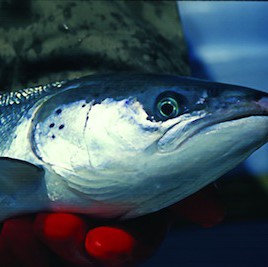
Atlantic Salmon Genome Sequenced
The sequenced genome of the Atlantic Salmon was announced at the 2nd International Conference on Integrative Salmonid Biology in Vancouver. The work was carried out by an international team that included scientists from Norway, Chile and Canada. Atlantic salmon aquaculture is a $600 million industry in Canada. Having a detailed genetic map for this species […]
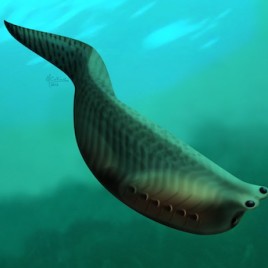
New fossils provide ‘a view to a gill’
New fossils of an ancient fish from Marble Canyon in British Columbia’s Kootenay National Park have provided insight into how jaws evolved. The remains represent the best-preserved fossils of Metaspriggina walcottii, a 500 million-year-old species that is among the oldest known fish. Based on the shape of features called ‘branchial bars’ associated with the gills, the […]

Genetics affirm existence of BC’s ‘coastal wolves’
New genetic information affirms what members of the Heiltsuk First Nation have long known: the islands off British Columbia host a population of ‘coastal wolves’ that is distinct but related to that of the timber wolves on the mainland. Examination of genetic markers from DNA collected in wolf droppings shows that coastal wolves are more […]
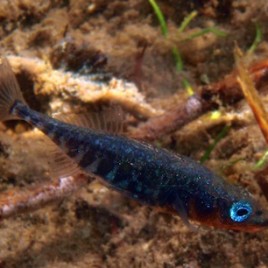
Sticklebacks are blind to each other’s armour
Different-looking sticklebacks from Kennedy Lake on Vancouver island interbreed despite evolutionary pressure not to, according to a new study. Genetic studies showed that fish with one parent that had lots of body armour and another parent with minimal body armour had a lower chance of surviving to adulthood than fish whose parents were both of […]
Blood test predicts premature birth
Researchers have created a new blood test that helps predict whether a pregnant woman is likely to go into labour prematurely. Currently, many of the women admitted to hospital with signs of premature labour do not end up giving birth within ten days. The new test examines blood for signs of the expression of certain genes, […]
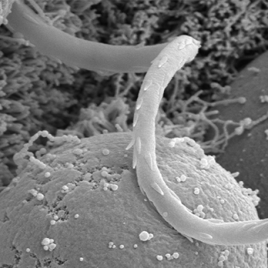
How a harmless alga became a lethal parasite
A new genomics study shows how a free-living, photosynthetic alga – that is, a type of green pond scum – evolved into an insect parasite that kills juvenile blackflies, caterpillars, beetles and mosquitoes. The sequenced genome of Helicosporidium shows that it kept nearly all its genes except those required for photosynthesis when it made the […]
New DNA barcoding method speeds up species identification
A new DNA barcoding method will save money and time for researchers who wants to assess biodiversity in an ecosystem. The new method allowed researchers to correctly identify 92% of the 1,066 insects and spiders in a single analysis. They also were able to detect microbes associated with the insects and spiders. Previous […]
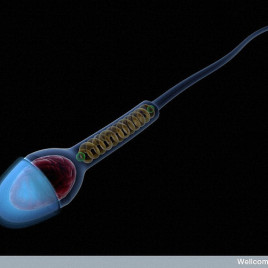
Towards stem cell therapy for infertile men
Researchers have created sperm cells from infertile men who could not produce healthy sperm them on their own. They did this by converting skin cells into stem cells, which then became fertile human sperm cells when transplanted into the testicles of mice. This opens up the possibility of clinical cell-based therapy that could make infertile […]
The variation inside
A Quebec-based study of 1000 people has found that even those with similar genes can have big variations in how those genes are expressed. The study looked at mitochondria, components of the cell that have their own DNA. The researchers found that when this DNA is transcribed to RNA, there was a lot of variation […]
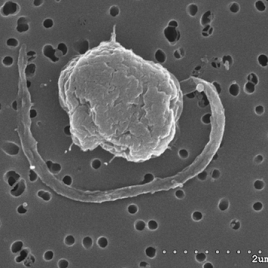
Genomics is ignoring microscopic “others”
According to a new study, genomics – the science of mapping genes and DNA sequences – is ignoring a huge amount of genetic diversity. The authors point out that 85 per cent of the genomes that have been sequenced are from plants, animals or fungi, yet these individuals within these groups are genetically very similar […]
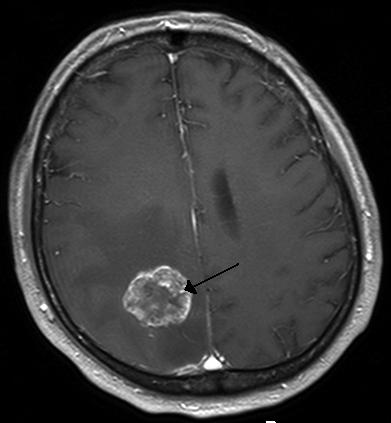
Gene mutations linked to childhood brain tumours
Two Canadian studies have found gene mutations that are linked to deadly brain tumors and could help scientists understand the causes of childhood brain cancer. In the first paper, researchers found mutations in a gene called ACVR1 in 20 per cent of a highly aggressive and difficult to treat childhood brain tumour, called diffuse intrinsic […]
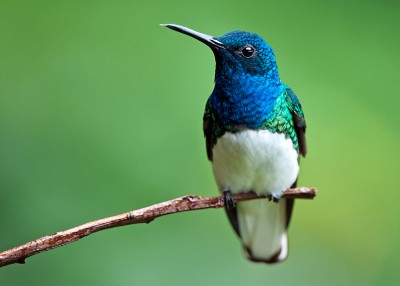
Hummingbirds species continue to diversify and adapt
A new study shows that hummingbirds continue to diversify and adapt to different ecological niches all across North America, South America and the Caribbean. Researchers used genetic studies to reconstruct the family tree of the smallest birds and have found that hummingbirds invaded South America 22 million years ago and diversified into 338 known species […]

Saliva gene linked to obesity
Having a high copy number of a gene increases the expression of the protein it encodes. A new genomic study on 6,200 subjects found a link between a low copy number of the gene for amylase — a salivary protein which breaks starch down into digestible sugar — with obesity and high body mass index […]
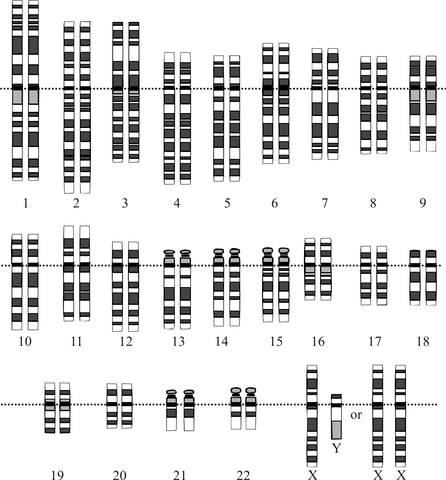
The ethical implications of newborn genome screening
Newborn screening relies on whole-genome sequencing to look for genetic, endrocine or metabolic disorders in babies. In a commentary article, the authors provides a list of questions about ethical, legal, and social issues raised by the future of newborn screening. They argue that the child interests should be taken into account when any changes in […]